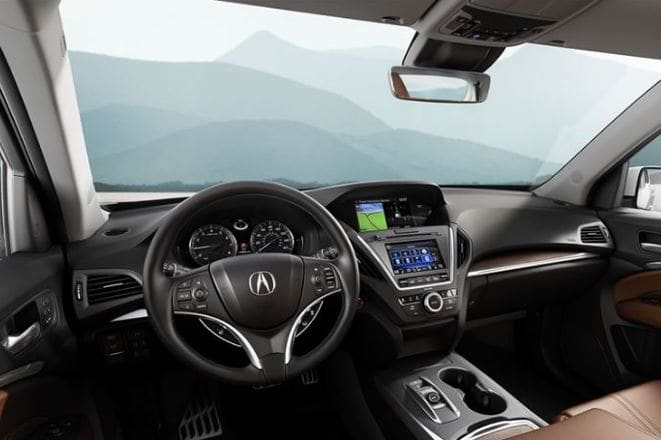Bangladesh imposes mobile phone ban on Rohingya refugees
Reuters | Sep 24, 2017, 14:29 ISTHighlights
- Bangladesh has banned telecommunication companies from selling mobile phone connections to Rohingya refugees
- Bangladesh already prohibits the sale of SIM cards to its own citizens who cannot provide an official identity card
 Rohingya refugees react as aid is distributed in a camp in Cox's Bazar, Bangladesh (Reuters File Photo)
Rohingya refugees react as aid is distributed in a camp in Cox's Bazar, Bangladesh (Reuters File Photo)
DHAKA: Bangladesh has banned telecommunication companies from selling mobile phone connections to Rohingya refugees, citing security concerns for the latest restrictions, officials said today.
Bangladesh's four mobile phone providers were threatened with fines if they provide any of the nearly 430,000 newly arrived refugees from Myanmar with phone plans while the ban is in force.
"For the time being, they (Rohingya) can't buy any SIM cards," Enayet Hossain, a senior officer at the telecoms ministry, told AFP today.
Yesterday's decision to impose a communication blackout on the stateless Muslim minority was justified for security reasons, said junior telecoms minister Tarana Halim.
Bangladesh already prohibits the sale of SIM cards to its own citizens who cannot provide an official identity card, in a bid to frustrate the organisational capacity of homegrown militants.
"We took the step (of welcoming the Rohingya) on humanitarian grounds but at the same time our own security should not be compromised," Halim said, without elaborating on what specific risk the Rohingya posed.
Bangladesh's telecoms authority said the ban could be lifted once biometric identity cards are issued to the newly arrived refugees, a process the army says could take six months.
It is just the latest restriction imposed on the Rohingya who have fled in huge numbers from violence in neighbouring Rakhine State into squalid camps in Bangladesh's southernmost Cox's Bazar district in the past four weeks.
The nearly 430,000 refugees have been herded by the military into a handful of overstretched camps near the border, where tens of thousands live in the open without shelter.
Many have been evicted from squatting in forest and farmlands by police and soldiers, who have been ordered to keep the Rohingya from seeking shelter in major cities and nearby towns.
Roadblocks have been erected along major routes from the camp zones, where a dire shortage of food, water, shelter and toilets is creating what aid groups describe as a humanitarian crisis.
Some 5,100 have already been stopped at these checkpoints and returned to the designated camps, police said.
"We have set up 11 check posts across the Cox's Bazar highway to stop the Rohingya refugees from spreading further toward the interior," Cox's Bazar police chief Iqbal Hossain told reporters.
Bangladesh's four mobile phone providers were threatened with fines if they provide any of the nearly 430,000 newly arrived refugees from Myanmar with phone plans while the ban is in force.
"For the time being, they (Rohingya) can't buy any SIM cards," Enayet Hossain, a senior officer at the telecoms ministry, told AFP today.
Yesterday's decision to impose a communication blackout on the stateless Muslim minority was justified for security reasons, said junior telecoms minister Tarana Halim.
Bangladesh already prohibits the sale of SIM cards to its own citizens who cannot provide an official identity card, in a bid to frustrate the organisational capacity of homegrown militants.
"We took the step (of welcoming the Rohingya) on humanitarian grounds but at the same time our own security should not be compromised," Halim said, without elaborating on what specific risk the Rohingya posed.
Bangladesh's telecoms authority said the ban could be lifted once biometric identity cards are issued to the newly arrived refugees, a process the army says could take six months.
It is just the latest restriction imposed on the Rohingya who have fled in huge numbers from violence in neighbouring Rakhine State into squalid camps in Bangladesh's southernmost Cox's Bazar district in the past four weeks.
The nearly 430,000 refugees have been herded by the military into a handful of overstretched camps near the border, where tens of thousands live in the open without shelter.
Many have been evicted from squatting in forest and farmlands by police and soldiers, who have been ordered to keep the Rohingya from seeking shelter in major cities and nearby towns.
Roadblocks have been erected along major routes from the camp zones, where a dire shortage of food, water, shelter and toilets is creating what aid groups describe as a humanitarian crisis.
Some 5,100 have already been stopped at these checkpoints and returned to the designated camps, police said.
"We have set up 11 check posts across the Cox's Bazar highway to stop the Rohingya refugees from spreading further toward the interior," Cox's Bazar police chief Iqbal Hossain told reporters.
Get latest news & live updates on the go on your pc with News App. Download The Times of India news app for your device.
From around the web
More from The Times of India
From the Web
More From The Times of India
- Rob Gronkowski's House Is Far From What You'd ExpectLoanPride

- Discover the Redesigned & Sporty SUV from HondaHonda

- Can This Super-Coffee Help Joint Pain & Inflammation?VitaCup

- Why Essential Oils Could Be Your New Favorite Sleep AidMattress Firm

- Meet the Luxurious New Acura MDX - Build & Price Yours TodayAcura





















































All Comments ()+^ Back to Top
Refrain from posting comments that are obscene, defamatory or inflammatory, and do not indulge in personal attacks, name calling or inciting hatred against any community. Help us delete comments that do not follow these guidelines by marking them offensive. Let's work together to keep the conversation civil.
HIDE